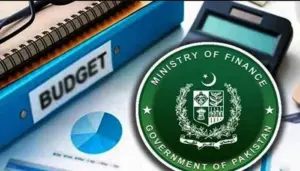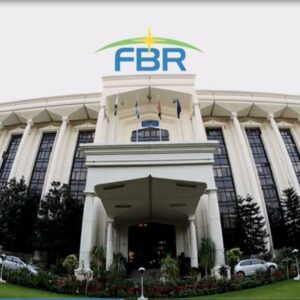From a Munshi to revolutionary poet
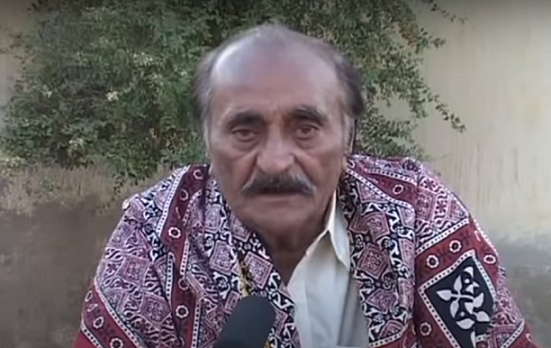
From a Munhsi to revolutionary poet
Ibrahim Munshi, a revolutionary and famous lyrical poet
It is rightly said that wisdom does not come just from reading books but from stumbling, experiencing and observance. Ibrahim Munshi, a revolutionary and famous lyrical poet who sang poetry in folk style, has worked with contractors as Munshi (accounts clerk).
Ibrahim Munshi emerged as a revolutionary and inspirational poet in the late sixties. Although there were Himalayas like poets Sheikh Ayaz, Niaz Hahmayooni, and others in Sindh at that time. But Ibrahim Munshi made his place in public and folk style and language by rhyming and singing it.
He is regarded as one of the most popular poets whose poetry was revolutionary and like Habib Jalib added value as he used to sing his poems.
In Sindh, Niaz Humayooni, Mohammad Khan Majeedi, Jaman Darbdar, were poets of this school of thought. Later on, Mansoor Mirani, Mujram Laghari, Aakaash Ansari, Hafiz Nizmani, Khalil Khoso also followed their footsteps in lyrical poetry.
Intellectually and politically sixties and seventies were very rich Sindh produced progressive literature, political activists, poets, short story writers and many more. They left remarkable impact on the political thoughts and political movements.
The renowned public poet of Sindh, Muhammad Ibrahim Soomro, popularly called Ibrahim Munshi was born on January 15, 1934 in village Janhaan Somroo, now district of Tando Mohammed Khan.
His father Mohammad Ishaq Soomro was a farmer.
Ishaq Soomro enrolled his son Ibrahim to a local seminary. In those days seminary were quite different from these institutions built in 80s and onwards.
In March 1945 When Ibrahim was in fourth grade his father died, which landed him in difficulties. Initially he worked as labour doing small chores in the villages.
Captivated by difficult circumstances, he started poetry in 1949. Ibrahim’s father was also a poet and used to say Moulood Shareef – a genre of religious poetry.
Later he started hawking trade, going house to house carrying grocery and other eatable items on donkey’s back.
In youth age he wrote romantic poetry and Kafis a typical Sindhi genre of poetry. He used to sing his poetry. In those days it was considered that poetry if not sung called not be called poetry.
He has somehow got art of singing in folk style, as he was singing Moulood Sharifs, since his childhood.
Janhaan Soomro the ancestral village of Munshi is located on the border between Janhaan, Bhatti and Hyderabad districts and on the edge of the forest.
Today, no longer Moolchand forest which used to provide wood for fuel as well as for construction, and fodder to the cattle heads. Apart from this the Moolchand forest was also provided hideouts to dacoits, thieves and other petty criminals. Living at the edge of forest, thefts were common in the nearby areas of Moolchand woods.
Meanwhile, Ibrahim purchase a buffalo which was stolen. He made a lot of noise and inquiries, but of no avail. During search for his buffalo Ibrahim came across some thieves and other criminals and knew the methods. So he joined them for some time. Munshi told in an interview that he began thefts in the surroundings, this continued for around four years.
As he grew up and started reading contemporary Sindhi literature, particularly Rooh Rehan literary magazine. He was inspired by Sheikh Ayaz’s revolutionary poetry in the 1960s.
The “Foundation day Celebration of “Rooh Rehan” at Basant Hall is the key link in the series.
Munshi himself described his state of mind in an interview: As consciousness grows, so does thinking and elasticity. The human condition, class hunger and inequality, oppression and violence, the landowners economic, and social excesses, resentment, bullying, others would think about why they were.
As a result, the poet inside him turned and began to lay down his pads on the cheese, and his poetry became a volcano in Sindh.
He began to represent the lower classes through poetry. He used to read his poetry rhythm.
His first collection of poetry “Pegham -e- Mazloom” (Message of Oppressed) was published in 1970.
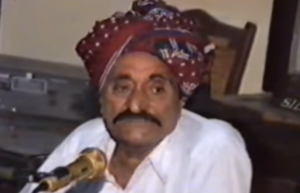
The second collection “Wighia kot ja Waryam” (‘Warriors of Wighia kot) was published in 1971.
In 1985, Prem Gnagar Publications published his third collection of his poems, ‘Weenda Goondar Guzri’ (Hard times will be gone away), with preface by renowned scholar and critic Muhammad Ibrahim Joyo.
His fourth collection was “Dharti- Deen, Dharam” (Land, Religion) published in 1994.
The fifth collection ‘Dhaunrya Deehn Dharra’ (Dacoities in bright day light was published in 1995. and the sixth volume ‘Akar Akhar Akh’ (Every word is an eye) was published by Prakash Publications in 2006.
Referring to Jashan Rooh Rehan, Munshi wrote,
“The aroma of this event wake-me-up, awakened me from sleep, it sounded strange and my talents began to come to me in a different way. This gave me a national feeling, a spirit. Since 1967, I have been forced to pay the debt of national duty. I had already pain of the lower classes, and joining a nationalist duty opened a new path.”
Munshi Ibrahim’s poems were an important chapter of the nationalist revolutionary and class movement in Sindh. Sindhi political and literary programmes were considered incomplete without participation of Munshi Ibrahim. His poetry made youth to dance, to think and reevaluate the situation.
It was because of that poetry, the rulers of the time took him to jail along with other patriots on the charge of treason with Pakistan under infamous law DPR.
Ibrahim Munshi was arrested thrice and jailed first time in 1972. For singing his nationalist poetry in a nationalist party rally in Hyderabad. Again was arrested for reciting revolutionary poetry in a public meeting in 1973.
Third time he was arrested in 1974.
His total imprisonment lasted forty-eight months. All four volumes of such national revolutionary poetry have been published.
Apart from the above books, there are many unpublished poems.
A voice of rebellion and revolutionary poet silenced on July 31, 2003. , and was buried in his old village, “Junahan”.
Munshi’s poetry is poetry resistance. Hence a strong voice.
He was opposed to strong centre and he advocated rights of provinces:
“Our blood is auctioned every single year
Surely lands rights will be recognized at all times’
Sometimes the Indus, sometimes the Frontier
Sometimes of Bengal by the center”
He raised voice against the feudals and also domination on Sindh resources. Munshi was against the occupation of lands by outside people and declares war against them:
War, war, you come on I declare my war
Keep away your foots from my scared land
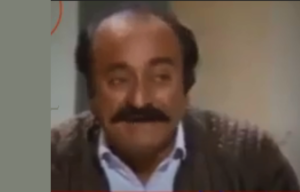
A voice as strong Sindhi nationalist:
One who does not fight for Sindh, Does not take pain for Sindh,
Tell him to go away and leave this land
Revolutionary poet demands equality:
We demand equality, equality in real terms,
Someone asks, we will tell how much it would be
During the era of 70s, he depicts the situation of compromises:
Everything is being sold
Someone sells his caste
Someone sells his talent
Someone sells it at night
One who doesn’t sell product for sale
Find the prison and know where you are
Someone who doesn’t stand for sell
That person is pearl
Related Stories



